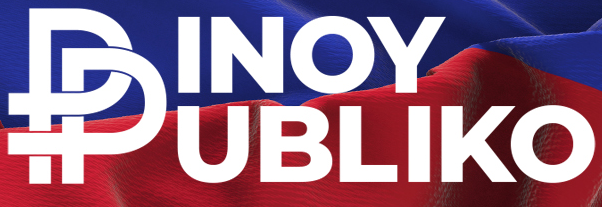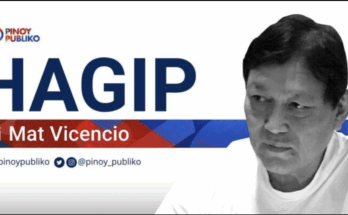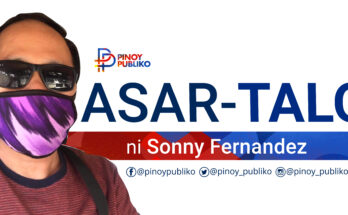Clichés are overused but popular phrases or ideas that aim to catch attention and sustain recall and emotional attachment.
Lack of originality is the most common criticism of using clichés, but they come out effective in selling both entertainment and politics.
Clichés are what make entertainment and politics twins of national pastime.
In the country nothing beats the local movies and teleseryes in using clichés more effectively.
I found very interesting the article written by Janine Tolentino in 2019 titled, “7 Filipino Rom-Com (Romantic Comedy) Clichés We Always See But Honestly Still Love.” It tickled my imagination. My long-quarantined mind started amusing itself by putting other connotations derived from the political scene into her list.
“1. That awkward—yet totally endearing—first meeting.”
“Love at first sight,” another cliché, is the dream of incoming politicians. The “makamasa” look and sound bites are abused without end no matter how rich the candidates are. Usually, a long melodrama of “pagsubok at tagumpay” about the life of candidates is sustained at least during the election campaign to emphasize the struggles that prepared them for public service.
“2. The well-thought-out date that proves he does pay attention!”
Politicians, new and old, want to impress upon the voters that they are understood well and cared for. “Panliligaw” of voters is well planned now by hired political advisers who see to it that their clients will act as natural as possible “para hindi mukhang plastic.”
“3. The ‘support system’ sidekicks!”
How many sidekicks of incumbents eventually fall in love with the position of their boss and start feeling jealous and threatened by others despite their blind loyalty? “Napiling kapalit” versus “karapat-dapat” is a common conflict that political parties encounter as election approaches.
“4. The career-driven woman can have it all.”
Here I give it to the woman celebrities who turned politicians. Several of them became successful despite the change of career and turned out as good as their male counterparts or even better. They got both honor and good-looking husbands. “Talino at ganda” is what makes them winnable. Hmm… I am being biased. E ano!
“5. The ‘finding yourself’ theme.”
While this cliché in telenovelas is more of character transformation for the better, in politics I can associate this more to the self-serving stories of “balimbings.” “Dahil mas mahal ko ang bayan” is the defense cliché that make us grimace wanting to plug our ears.
“6. The ‘look’.”
Tolentino described this as “the look a guy gives a girl when he’s just on the cusp of realizing he’s falling head over heels in love.” For me, this is the hardest to do in politics. A melodramatic face put up by a politician usually invites more bashing. Some prefer not only facial expression but even resorting to dramatizing uncommon ways of people in position of power and wealth. People easily see through all of these almost by instinct. “Pakikibagay” appears “pagkukunwari” to many.
“7. The ‘almost kiss’ “
It is about the body language that tries to describe how close the relationship is. It can be the much-sought photo ops and selfies with the subject of interest for self-promotion. “Magkasama kami” is the endorsement cliché that is mandatory for candidates who are clinging to someone else’s popularity.
Election fever is now becoming pandemic. We had the community food pantries sprouting all over. Now politicians are looking for their pantries of clichés that will satisfy their hunger for popularity. We let them do their thing. We do ours by studying them carefully while we get entertained also in the process.





